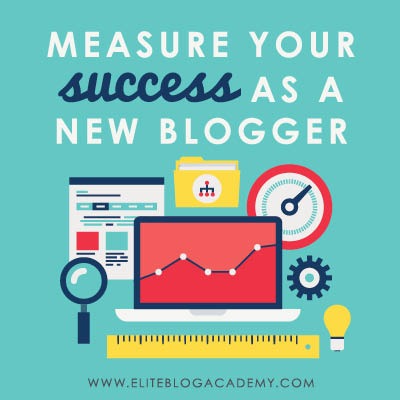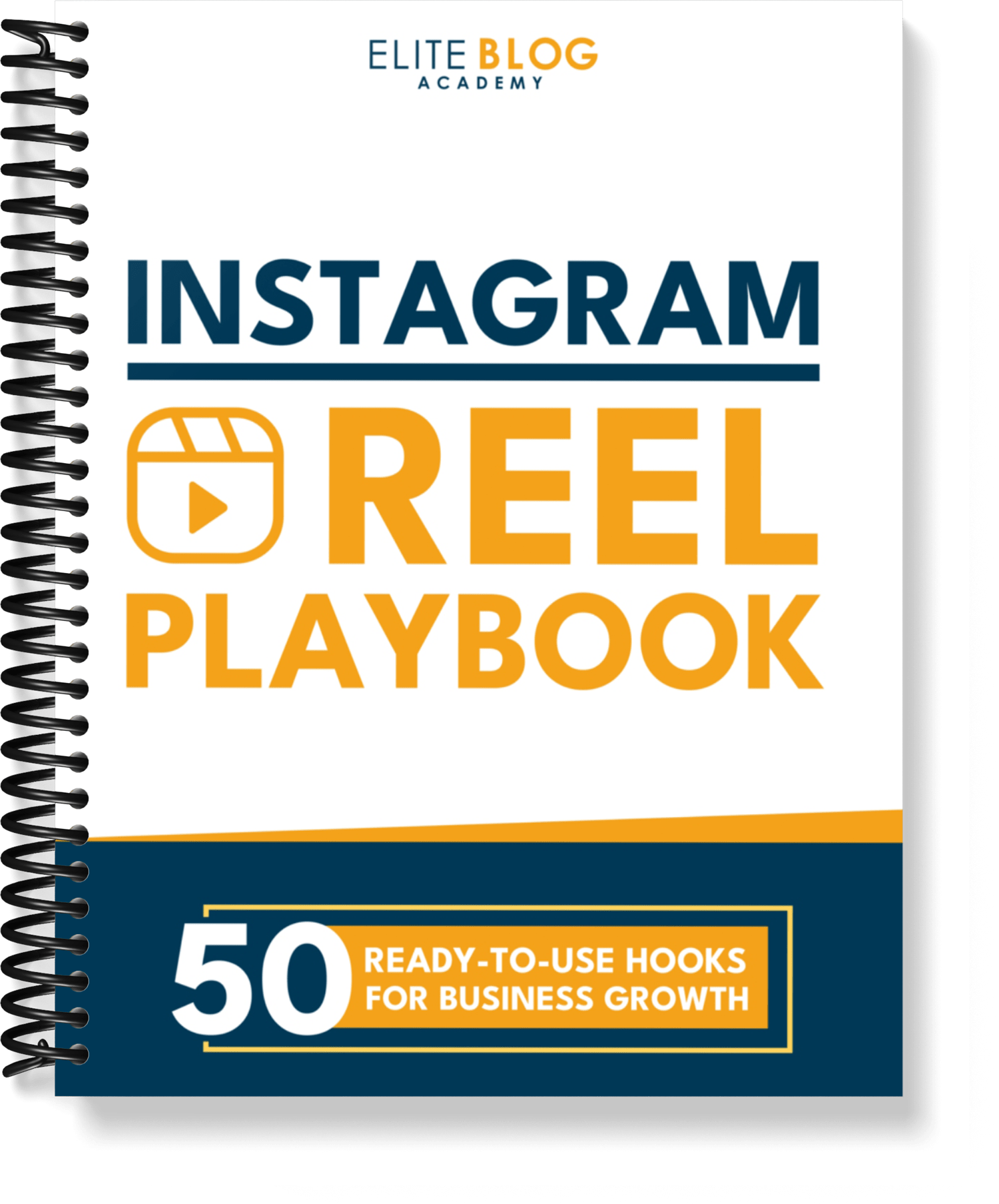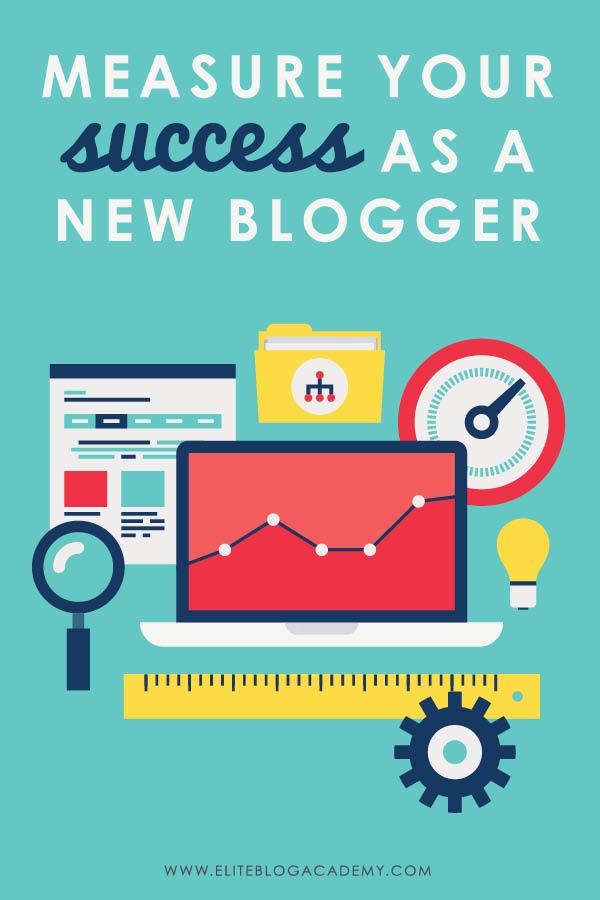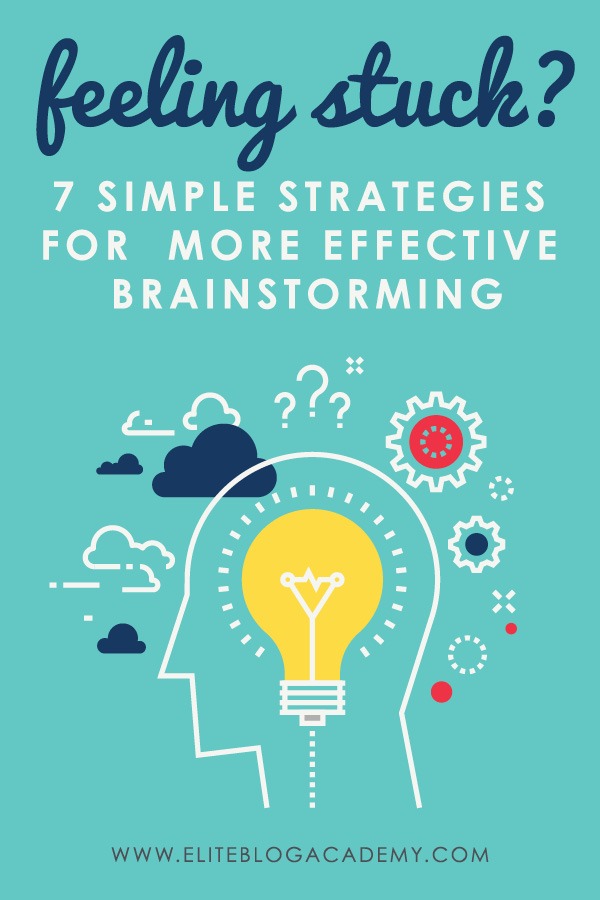Measure Your Success as a New Blogger

Metrics!
I don’t know about you, but just hearing that word can send shivers down my spine. Is there anything more tedious….or anxiety-inducing than crunching the numbers?
When most people think of metrics, they think of confusing numbers and analytics that make your head spin. And I totally get it! I was completely metrics-averse in the beginning.

Struggling to create Reels that grab your dream customer?
Our Instagram Reel Playbook will not only give you 50 ready-to-use hooks, proven to grab your audience’s attention from the start, but we’ll show you our proven strategy for reels that convert.
And quite frankly, as a new blogger you probably already have a TON of stuff on your plate and so many things to figure out. Before you think about how many people read your blog, you have to get a handle on what your blog IS. Before you get caught up in numbers, focus on the basics.
Take the time to get to know yourself, what you want to say, and who your audience is. These basics are infinitely more important than any metric…except one!
When you’re first starting out, there is one metric you should think about: your output.
How many words are you writing per day? How much awesome content are you getting out into the world? Focus on that, and you can worry about all the other numbers later.
If you’re just starting out and all of this feels a few steps ahead of where you are, I want you to bookmark this page and come back to it when you’re ready. Once you’ve figured out who you are, what you want to say, and who you want to say it to, come back to this page.
But if you’ve got a handle on the basics and want to learn how to quantify your blog’s success, then let’s dive into the metrics.
Different Strokes for Different Folks
Why do we care about metrics?
Metrics are a way for us to quantify the success of our blog, but success means different things for different people. Your metrics will change depending on your goals.
Metrics are a way for us to quantify the success of our blog, but success means different things for different people. For example, if your goal is to land a book deal with a traditional publishing house, you’d use a completely different set of metrics than someone whose goal is to make $5,000 a month from their blog. They would use a different set of metrics than someone looking to open an e-commerce shop, or someone who wanted to build a huge following and become a thought leader in their space, or someone just looking to have fun and blow off some steam. You get the idea.
There are tons of different blogging goals and the metrics you use will vary depending on what you’re after.
The first step to getting the metrics that will help you achieve your goal is to define your goal.
Metrics’ Dirty Little Secret
So there’s a dirty little secret about metrics. Are you ready for this?
Most metrics are completely and utterly meaningless. I see so many bloggers with the attitude of “the more metrics, the better!”, and in my opinion, nothing could be further from the truth.
And why is that?
Because most metrics won’t get you where you want to be. The only metrics you should focus on are the ones that will get you closer to your goal. Everything else is just noise.
For example, let’s say your goal is to generate a full-time income from your blog. Worrying about how many Facebook likes you generate per week doesn’t get you any closer to hitting that goal. It’s a distraction from the metrics that directly correlate to making money, like your ad revenue or page views.
There are only so many hours in the day, and if you spend those hours pouring over numbers that don’t affect your bottom line, it’s time to reevaluate. You don’t want to spend one precious moment staring at a spreadsheet of utterly meaningless when you should be writing blog posts, connecting with your audience, or reviewing the metrics that MATTER.
Watch Out for Tunnel Vision
While it’s important to focus on the metrics that matter, be careful! You don’t want to get tunnel vision and focus so much on one metric that you miss an awesome opportunity in another area.
I see this happen all the time. There are so many bloggers out there who are totally obsessed with page views. It’s all about the page views. Page views, page views, page views.
And while page views have probably always been a concern, I think a lot of this most recent traffic obsession comes from our good friend Pinterest. Pinterest turned a whole generation of bloggers into page view junkies. They got tons of traffic super fast which drove up their ad revenue. But then, when their income dropped, they thought the only way to bring it back up again was more page views.
Do page views matter? Of course, but only to a point. Traffic isn’t the ONLY thing that’s important, and there are definitely other metrics you should look at to you reach your goals.
If a blog has enough traffic to generate a substantial revenue from ads, there are tons of other–more lucrative–opportunities to monetize and other metrics to consider.
For example, you could compare the money earned per email subscriber to the money earned per page view and see which is a more lucrative opportunity. But if you’re only focused on page views, you’d miss out on other ways to monetize. The single-minded focus will keep you from finding success in other areas.
Moral of the story: don’t get caught up in one metric to the point that it makes you miss out on other opportunities to hit your goals. Be adaptable and keep yourself open to new and interesting opportunities that get you closer to where you want to be.
Get Your Metric On
The most important thing about using metrics effectively is not to overwhelm yourself. Don’t look into 10 different metrics at the same time. That’s a recipe for disaster. As much as we’d like to, we just can’t multi-focus AND take action at the same time (don’t you hate that?!).
The more things you try to focus on at once, the harder it will be to see results in any of those areas.
It’s much better to focus on one thing at a time, give it your full attention, and act on the information you pull from the metrics. When you focus your attention on one metric and follow it up with action, that’s when you will see actual results.
In terms of which metrics to focus on, I think the most important is your email subscribers. I’ve said it before, and I’ll say it again: your email list is your most powerful and important asset as a blogger. So if you’re only going to focus on one metric, I’d say focus on that one.
Now, obviously there are exceptions to that rule. For example, if you’re trying to land a publishing deal, your publisher will want to see your vanity metrics, so you’ll need to have a handle on those. But, as a rule of thumb, if your goal is to grow or monetize, focusing on your email is a great way to go.
Once you decide on the metrics you want to keep track of, keep it simple. Create a simple spreadsheet where you can track your top metrics. Start with one metric, and once you get in the flow with that one, you can add more (although I’d say not to go above three). The goal is to keep things simple and easy; once you start dealing with a bunch of complicated charts, numbers, and analyses, you’re much more likely to feel overwhelmed and not get the information you need to act on your metrics.
Metrics can be totally overwhelming… especially when you’re just starting out. But they don’t have to be! When you use metrics in the right way, they’ll simplify your business and help you meet your goals. Choose the metrics that are right for you and dig into those numbers.
Choose the metrics that are right for you and dig into those numbers.
By the way, I’d love to hear from you on this matter! What metrics have you been measuring? Are they getting you closer to your goals? Which ones do you think you should be paying more attention to? Leave your thoughts in the comment section below!








“If you’re just starting out and all of this feels a few steps ahead of where you are, I want you to bookmark this page and come back to it when you’re ready. Once you’ve figured out who you are, what you want to say, and who you want to say it to, come back to this page.”
I read this post a couple of months ago and I did exactly what this paragraph suggested. I bookmarked it and focused on figuring out my message and who I was writing for. Now I feel more able to actually use metrics in a meaningful way as I figure out the next steps. And since my metrics, like page views or likes, have been INCONSEQUENTIAL for these first couple of months (as one would expect for a new blog), EBA’s advice to ignore them initially was super helpful.
Thanks so much – I’m not an EBA student (yet) but I’ve learned so much from the blog and other resources.
Blog is good but need too much stranteng.
Gosh! The right intellectual nudge I needed. I have to get my mind off any other metric than providing value and input. Thanks for the timely reminder.
great advice. I used to get so caught up in things I couldn’t directly control: traffic stats, subscribers. Ultimately, those are decisions other people make! What I CAN control: the quality and quantity of my writing. I keep trying to get better at what I do. As long as I’m improving, that’s what matters. And of course the bottom line for me is also income. If my traffic doesn’t hit a million page views a month but I hit my income goal, who cares!?